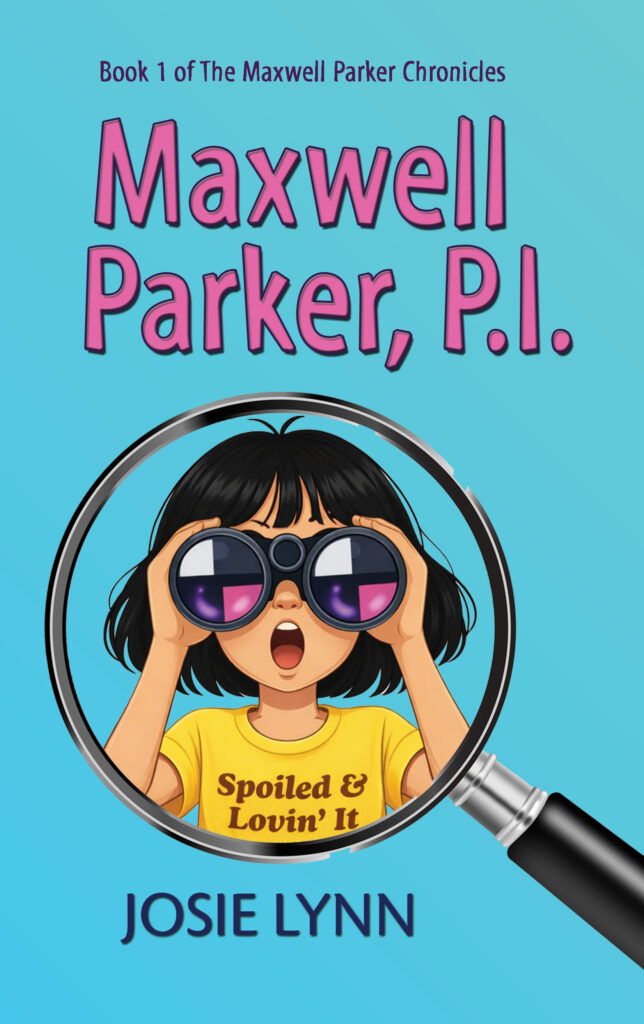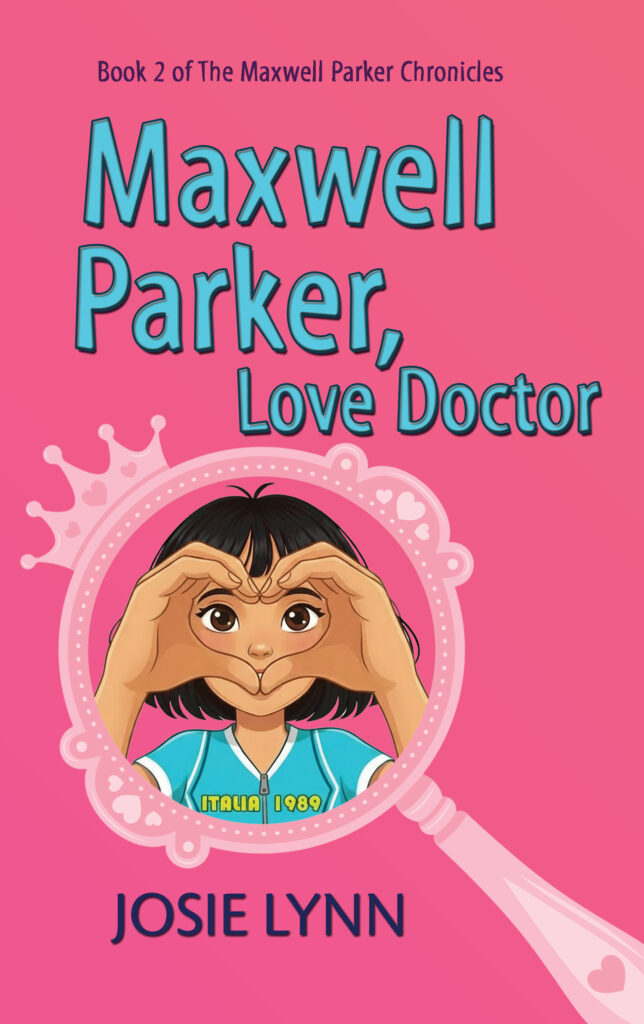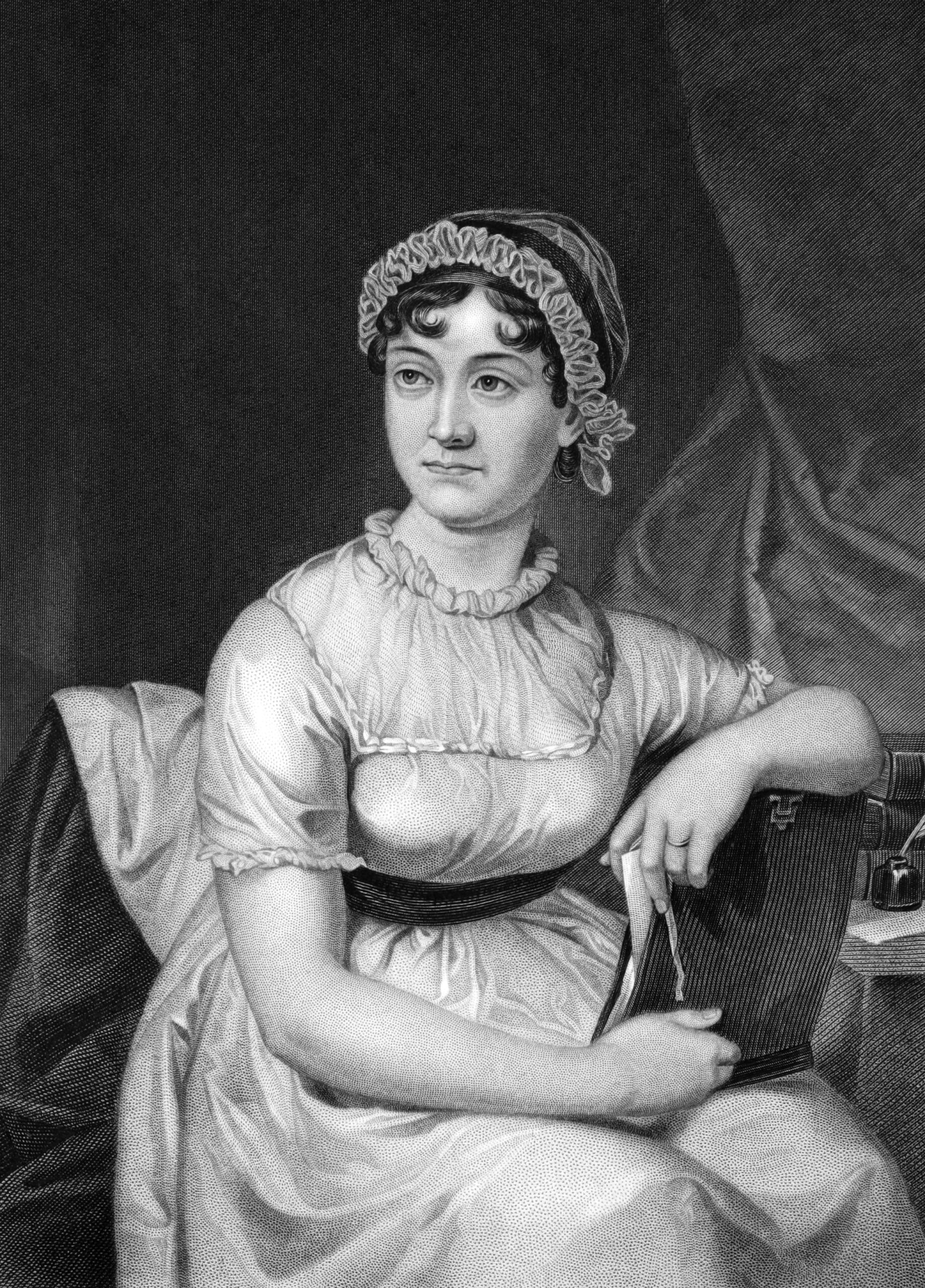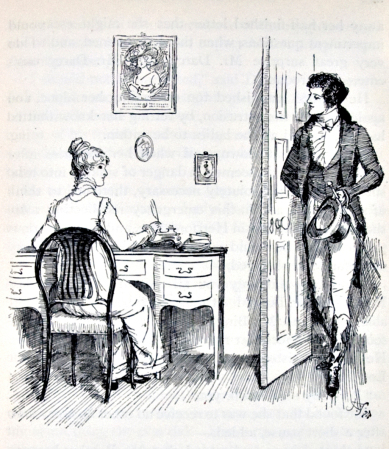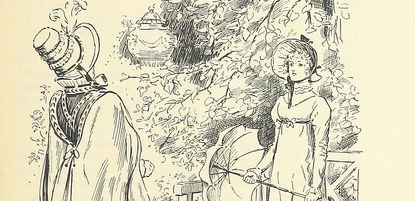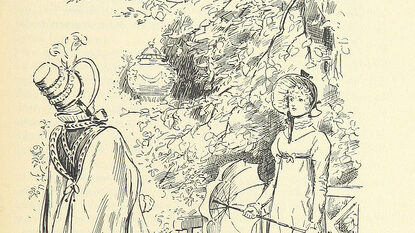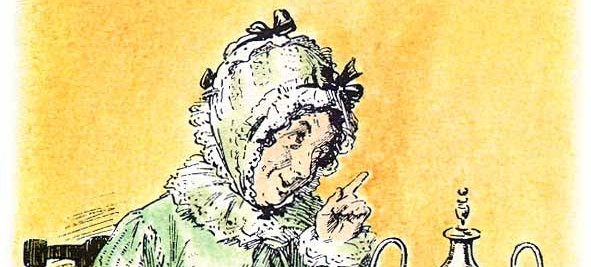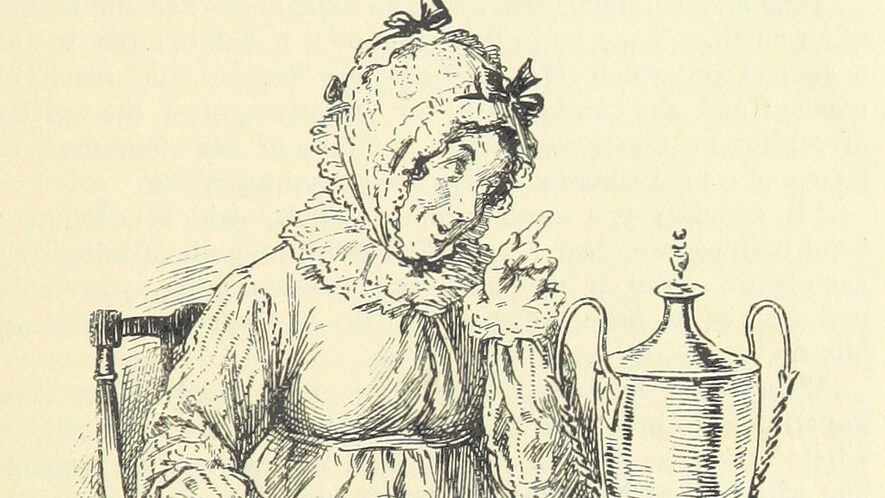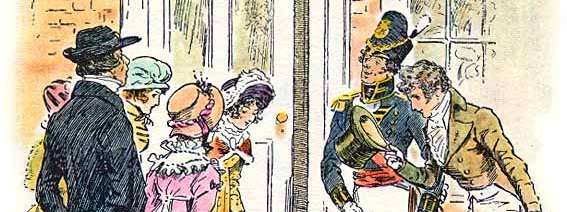The first time I saw this slogan on a T-shirt in a Signals catalog (not that I’m promoting Signals…not that I’m not promoting Signals…I’m just saying), I liked it because on the spelling continuum I fall somewhere in the dead middle—not the world’s best speller, not the world’s worst speller. To put it mildly, I’m in no danger of winning any spelling bees. I’m not proud of that. Once again, I’m just saying.
In fifth grade, I was the class champion when it came to state capitals. (I might be a little proud of that.) I was the speed locater of states on our pull-down map in the front of the classroom. But stand me up in front of people and ask me to spell out loud I’m more than likely going to choke. “I before E except after C…” Except that that’s not entirely true. So many rules, so many exceptions to the rules. Things aren’t always what they sound like. Good grief! (Or is it “greif”? Just kidding. I know!)
Watch this hilarious clip from the Tony Awards (at least through 2:44)
Can You Raed This?
A long while ago, a friend sent me an e-mail that asked the question, “Can You Raed This?” and claimed that according to a “study” at “Cmabrigde Uinervtisy” it has been determined that the order of letters in a word is unimportant as long as you get the first and last letter correct. It had something to do with how we don’t look at every single letter when reading a word, but at the word as a whole.
As an average/bad/not great speller, this notion sounded good to me. Unfortunately, it turns out that the email was spurious, untrue, an urban myth. The order of letters in a word is important after all. Too bad.
Untie, Untie, Untie!
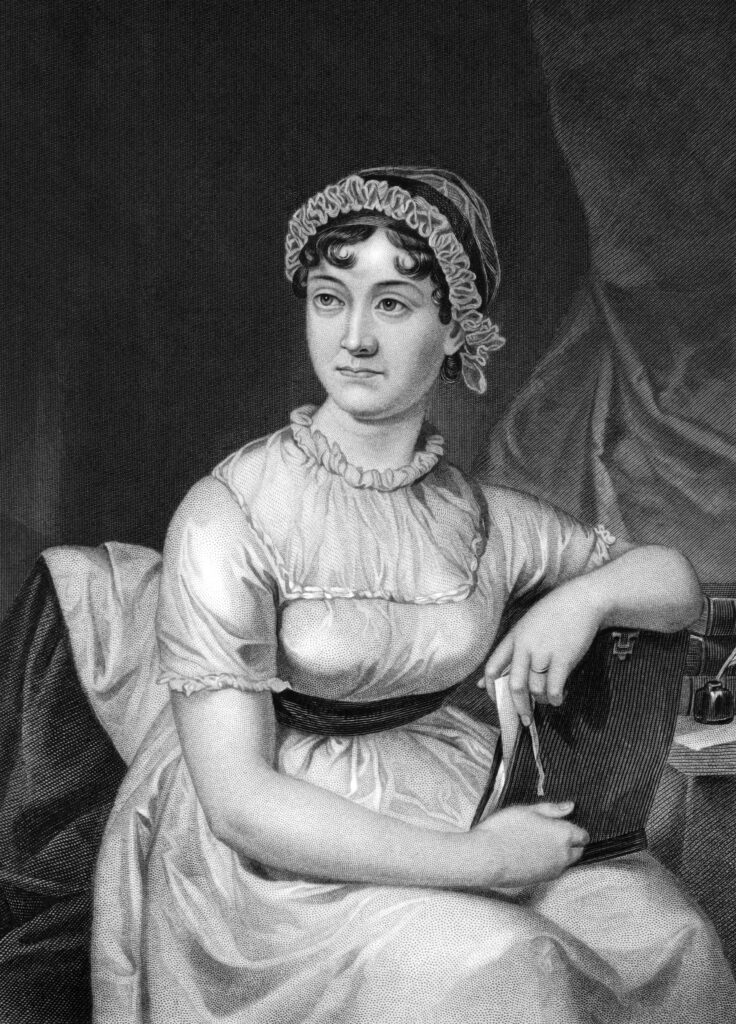
However, something that did give me hope was raeding, urm, reading a little book called Love and Freindship [sic], a pretty hilarious tale in which a teenage Jane Austen basically makes fun of the romantic novels that were popular in her day. The book contains misspelled words, 1 and I find it encouraging to note that Jane wasn’t all that fastidious about the order of letters in every single little word; she was too concerned about the order of the words themselves.
If only Jane had reminded herself that friend is spelled friend because a true friend is loyal to the end….
The bottom line is, I love words, but I’m not a huge fan of spelling. Neither was Jane Austen. That’s what editors are for.
Which brings me to the crux of the matter. Could it be that, as a writer, I feel that details like spelling are too nuts and bolts and get in the way of the creative flow? I hope not. Because no matter how amazing your words are, if no one can decipher them or if they have to spend too much time deciphering them, your writing is not going to bring anyone any pleasure. And while the idea of a fourteen-year-old bad speller who grew up to be Jane Austen is quaint, the idea of me sending you poorly spelled emails is not.
Of course, as a self-published author, one must pay attention to things like spelling and such. One must grow up, just like Jane Austen went from Love and Freindship to Pride and Prejudice….
Note: The story Love and Freindship has nothing in common with the 2016 movie Love & Friendship. That movie is based on Jane’s novel Lady Susan.
In the story Love and Freindship, teenage Jane Austen writes:
“One fatal swoon has cost me my Life… Beware of swoons Dear Laura…. A frenzy fit is not one quarter so pernicious; it is an exercise to the Body and if not too violent, is I dare say conducive to Health in its consequences—Run mad as often as you chuse; but do not faint—”
Wise words indeed, even if some of them are spelled rather creatively.
- The misspellings may have been intentional considering that Jane was an unparalleled satirist, even as a teen, apparently. Additionally, some of the words like “chuse” were accepted variants in her day. ↩︎



